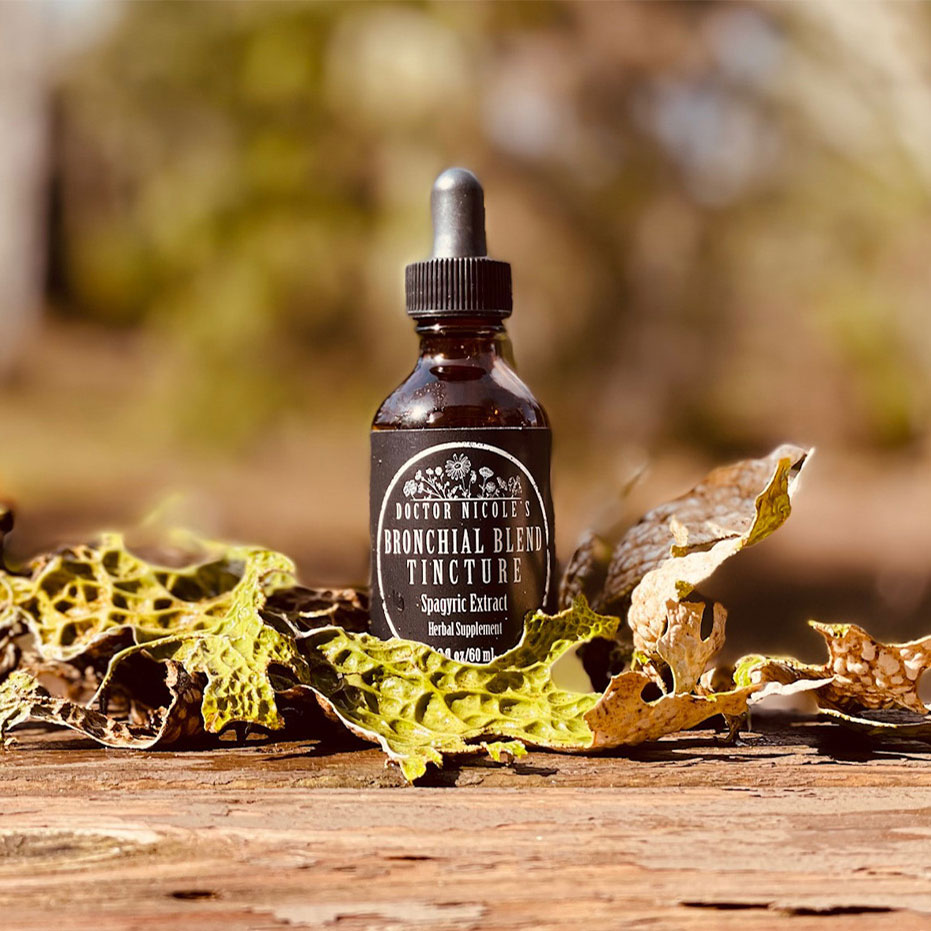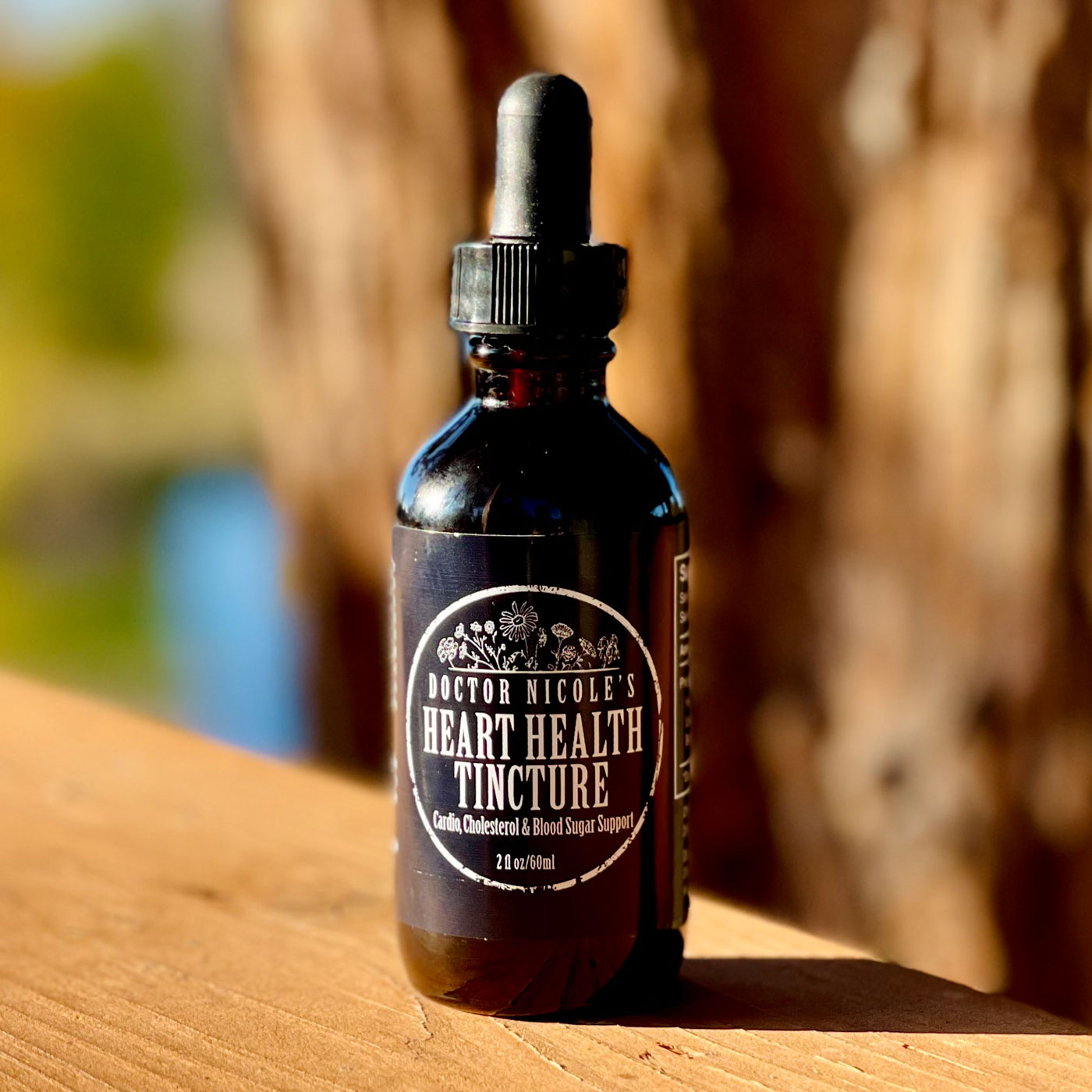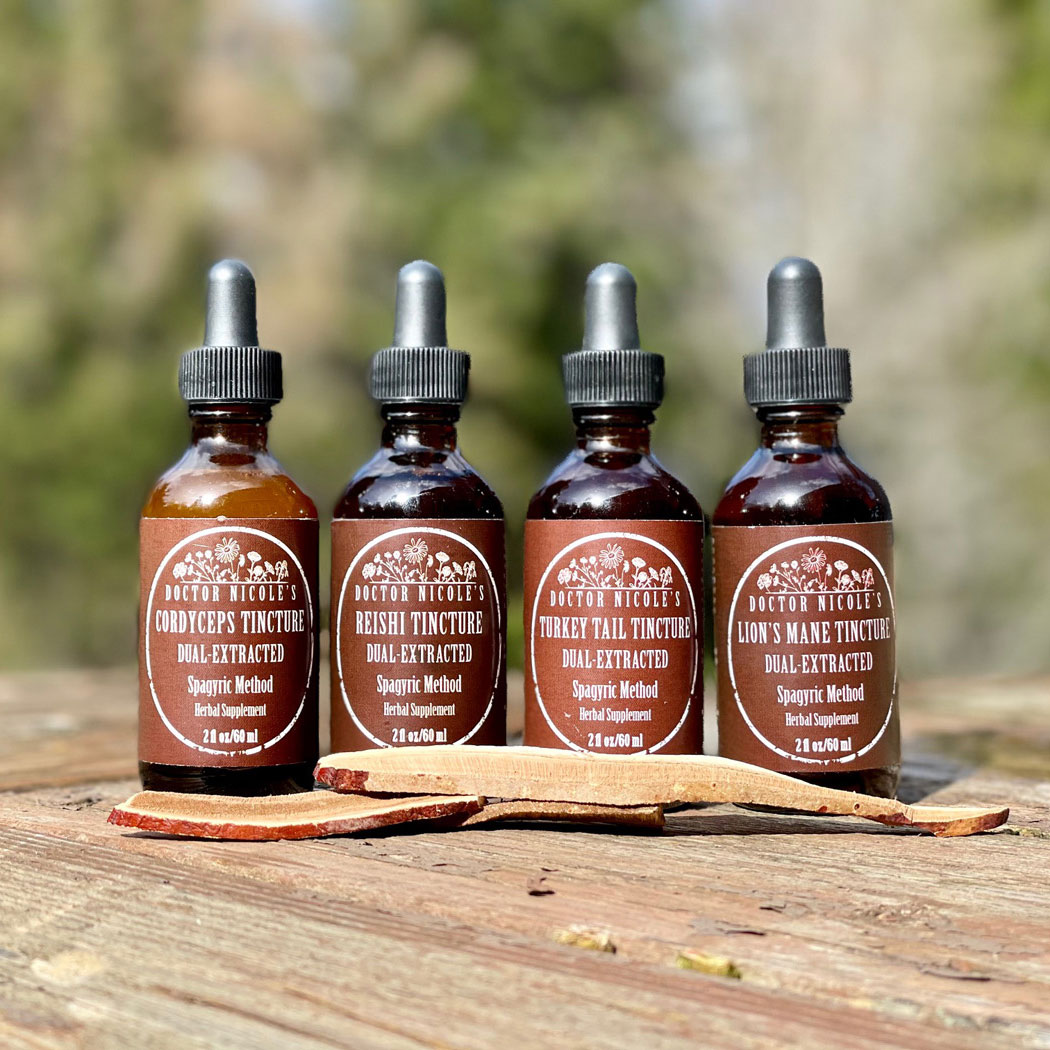As we will see, it isn’t just burning forests that we are exposed to, but also many other hazardous chemicals. And the dangers are not just localized to one area — everyone is at risk, even if you live thousands of miles away from the source of the fire. Here we will explore not only supportive herbal remedies for protecting health, but also tips on how to minimize exposure to wildfire smoke in the first place.
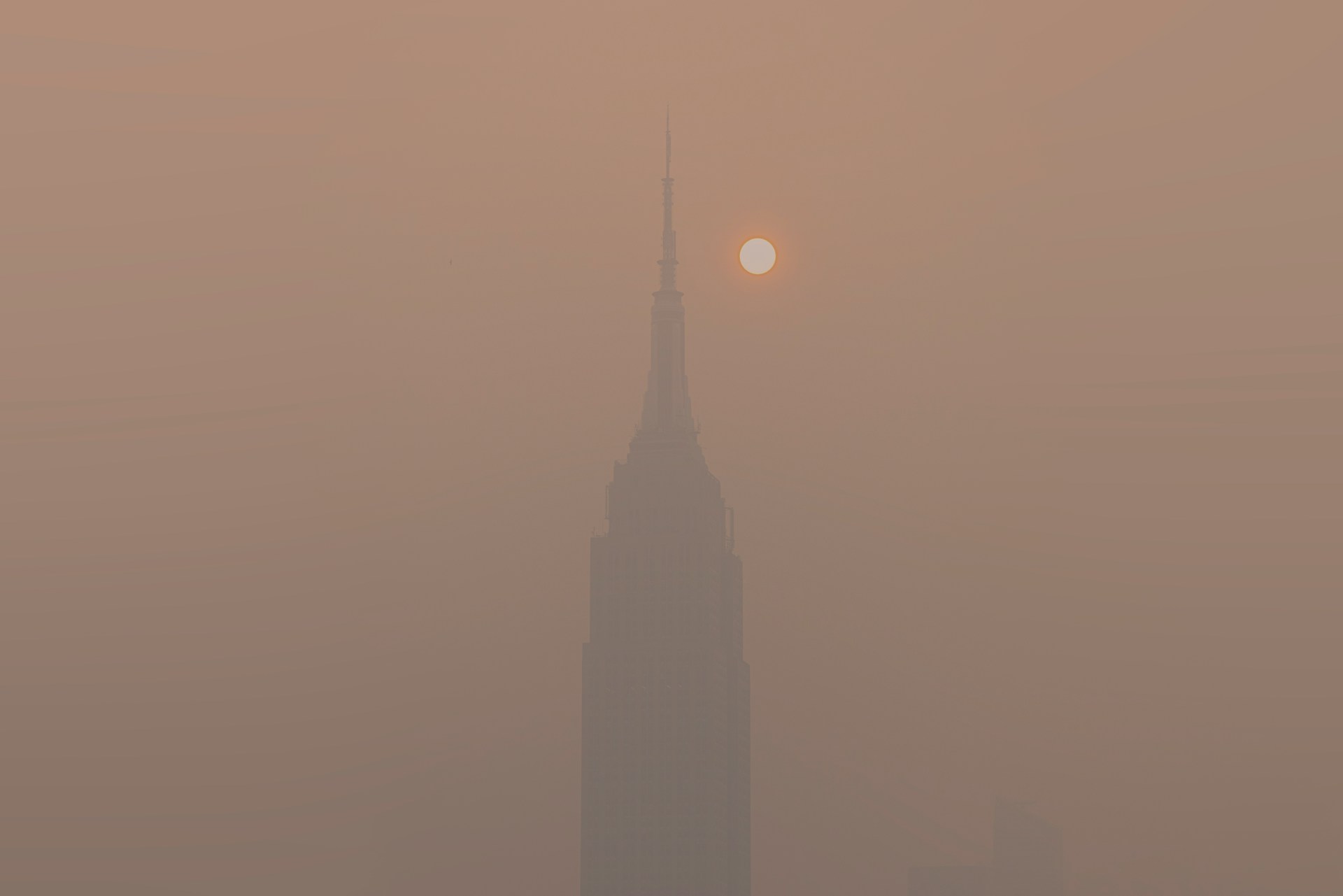
The Invisible Hazards of Wildfire Smoke
Typically, when we think about wildfire smoke, we believe it is largely burning wood from forests. But it is actually much more toxic than when we burn wood to heat our homes or while enjoying a campfire. With wildfires, it isn’t just wood and brush burning but buildings and cars as well, which release a large amount of chemicals and heavy metals — including asbestos, household cleaners, sulfuric acid, arsenic, lead, cadmium, and more. Add to this carbon monoxide, carbon dioxide, benzene, and formaldehyde, and the toxic plume of wildfire smoke is concerning. Even if you don’t live near the source of the fire, wildfire smoke travels from coast to coast within 4-5 days, carrying along with it persistent chemicals, such as benzene, that can linger for up to two weeks in the environment.2
Granted, bigger particles fall off as the smoke travels away from the source. But as time goes by, burnt carbon gasses begin to coagulate and, with the addition of sunlight, new particles form creating ozone. This greatly impacts health as ozone inflames the airways and can be especially dangerous for those with lung conditions, including asthma.
Wildfire smoke also contains cancer-causing polyaromatic hydrocarbons (PAHs). When a fire burns through a residential area, oftentimes we don’t consider that all the synthetic materials found in cars and houses are burning too — and releasing those toxins into the air.
It’s not just your lungs that are impacted by the smoke, it also causes systemic inflammation. What’s more, wildfire smoke downregulates an immune gene that produces T regulatory cells, which are critical for a healthy immune system.1 When exposed to wildfire smoke over the course of five to seven days, researchers have found an increased risk of damage to the lungs, blood, and heart, which can lead to strokes.
UCSF School of Medicine Associate Professor Jennifer Mulliken, MD and UCSF colleagues have also found that wildfires are associated with an 18% to 22% spike in fungal infections, such as Valley Fever, which causes fatigue, body pains, and shortness of breath. In some, it can cause permanent lung-damage.2

How to Minimize Exposure and Reduce Health Impacts
Needless to say, if your community is experiencing smoke from wildfires, you will want to limit your exposure as much as possible. Here are a few tips to get you started:
- Stay indoors with windows and doors shut during times of thick smoke. A reliable HEPA air purifier is essential.
- Avoid heavy physical activity or being active outdoors.
- For those with air conditioners, set it on recirculation mode and make sure to replace the filter.
- If you do need to be outdoors, a N95 or K95 mask can be helpful for reducing exposure to larger particles in smoke, but not the gasses that are released.3
Since wildfire smoke creates bodywide inflammation, it is important to take preventative measures to minimize it as much as possible. A green Mediterranean diet is an outstanding, nutrient-dense choice for reducing inflammation and providing important antioxidants to protect against damage and disease. It will also help to promote lung and heart health — two important considerations during the smoke and wildfire season.
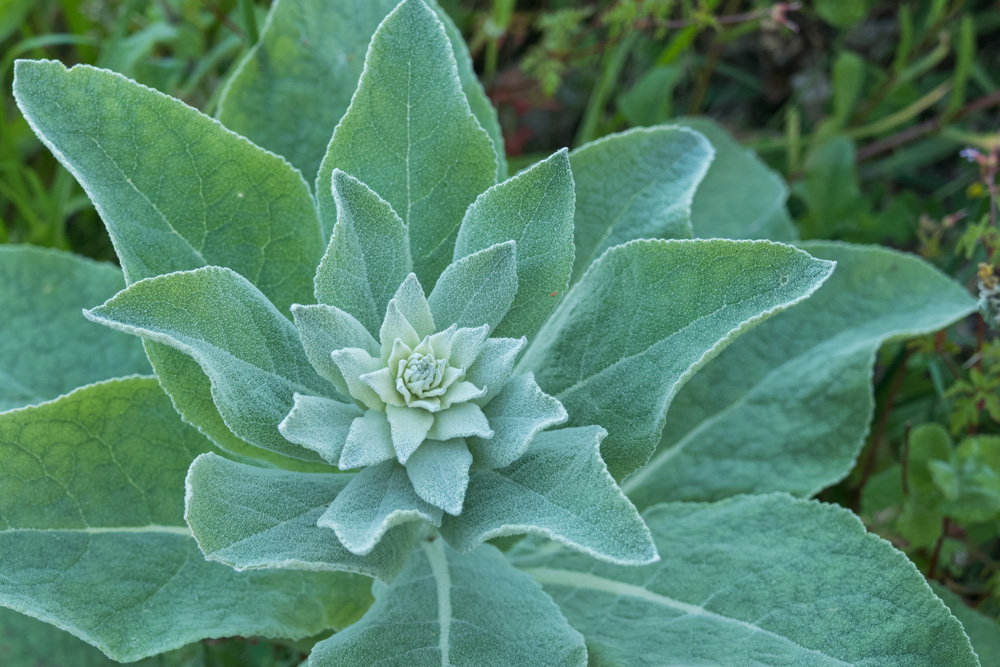
Plant-Based Protection and Support
During the smoke and wildfire season, my top three remedies for clearing and protecting the lungs, taming systemic inflammation, and supporting the cardiovascular system include our Bronchial Blend, Mushroom FOURtress, and Heart Health Blend. Here’s why they are helpful when the air quality is less than ideal.
Bronchial Blend: My number one lung health formulation, it contains mullein and dual-extracted lungwort lichen to clear the lungs of congestion, soothe the bronchial passages, calm coughs and wheezing, and improve asthma and COPD symptoms. It is also high in antioxidants to help protect the lungs against the free radical damage from wildfire smoke.
Mushroom FOURtress: I personally use this bundle of high-potency tinctures everyday to manage my MS and the subsequent inflammation. It contains dual-extracted lion’s mane, reishi, turkey tail, and cordyceps medicinal mushrooms for fighting chronic inflammation, relieving asthma, improving energy, and much more.
Heart Health Blend: Helping to protect and support the cardiovascular system, this powerful formulation contains concentrated extracts of hawthorn, tulsi, fenugreek, and bilberry to lower inflammation, regulate blood pressure, improve circulation, and reduce cholesterol.
During the smoke and wildfire season, these essential herbal remedies can help you to take charge of your family’s health, making them a valuable addition to your holistic medicine chest.
There is no better time than now to discover the power of herbal medicine. Visit my apothecary today to learn more!
Nicole Apelian
Nicole’s Apothecary Products in this Post
References
- Prunicki M, Kelsey R, Lee J, Zhou X, Smith E, Haddad F, Wu J, Nadeau K. The impact of prescribed fire versus wildfire on the immune and cardiovascular systems of children. Allergy. 2019 Oct;74(10):1989-1991. doi: 10.1111/all.13825. Epub 2019 May 30. PMID: 31002401; PMCID: PMC6801011.
- “Unmasking the Dangers: The Hidden Health Risks of Wildfire Smoke” by Laura López González, University of California San Fransisco, August 15, 2023. https://www.ucsf.edu/news/2023/08/425976/unmasking-dangers-hidden-health-risks-wildfire-smoke
- “What’s in Wildfire Smoke, and How Dangerous Is It?” by Matt Simon, Wired Magazine Science, September 18, 2020.


